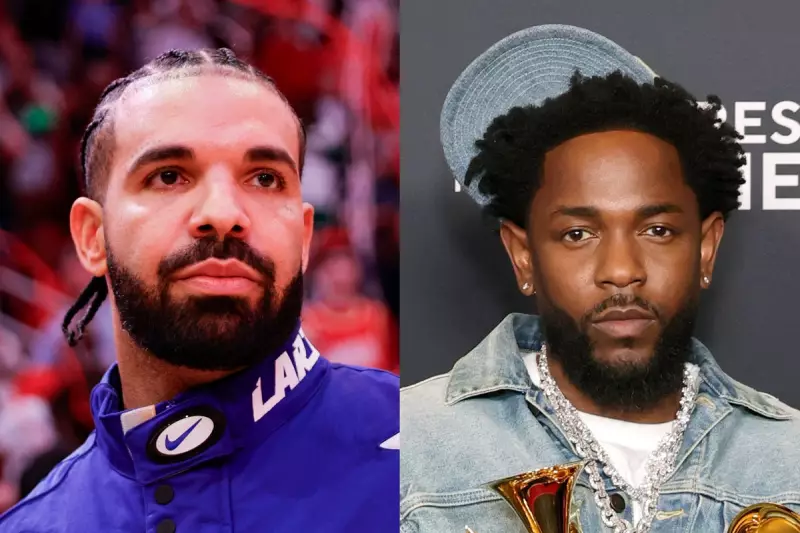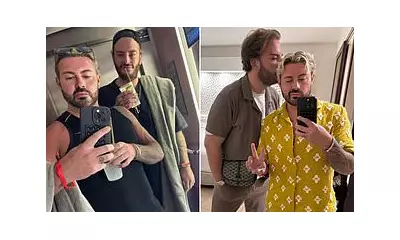
In a dramatic legal development that has sent shockwaves through the music industry, a US judge has dismissed Drake's high-profile lawsuit against Universal Music Group concerning Kendrick Lamar's incendiary diss track 'Like That.'
The legal battle centred around Lamar's chart-topping response to Drake and J. Cole's collaborative track 'First Person Shooter,' which had sparked one of the most intense rap rivalries in recent memory.
The Legal Showdown
Court documents revealed that Drake had taken legal action against the music giant, alleging that Lamar's track contained unauthorised samples from his 2013 hit 'Pound Cake.' The lawsuit claimed this constituted copyright infringement and sought substantial damages.
However, the presiding judge delivered a decisive ruling, stating that the case lacked sufficient legal merit to proceed. The dismissal represents a significant setback for Drake's legal team while handing Lamar a substantial victory beyond the musical arena.
Background of the Beef
The conflict escalated dramatically when Lamar released 'Like That' in March 2024, directly responding to lines in 'First Person Shooter' where J. Cole referred to himself, Drake, and Lamar as the "big three" of contemporary hip-hop.
Lamar's track contained blistering lyrics that many interpreted as a direct challenge to Drake's position in the hip-hop hierarchy, igniting fierce debate among fans and critics alike about the current state of rap rivalries.
Industry Implications
This legal decision sets an important precedent for how diss tracks and musical responses are treated under copyright law. Music legal experts suggest the ruling could influence how future hip-hop feuds are conducted, potentially shifting the battleground from courtrooms back to recording studios.
The dismissal also raises questions about the boundaries of artistic expression in hip-hop and what constitutes fair use when artists reference each other's work in competitive contexts.
As both artists continue to dominate charts and headlines, this legal outcome adds another layer to their complex professional relationship, ensuring the music world will be watching closely for their next moves.





